Dynamic Pricing - Robotics
Revolutionize your RFP pricing process with our Dynamic MRO Pricing Model with exclusion management, workscope precision and external benchmarks, ensuring optimal pricing strategies and operational excellence
Allows businesses to automate time-consuming tasks using software automation
Designed to mimic human actions
Increases efficiency and reduces the time taken to complete repetitive and manual tasks
Increased Efficiency
Improved Accuracy
Cost Savings
Enhanced Customer Experience
Smart Analytics
Scalability
Features
Streamline component repair pricing workflow
Reduce manual intervention with automated workflows
Consolidate multiple data sources into one interface
From Excel to cloud-based (speed & smart)
Automate Exclusion process
External benchmarks (Parts 145, FMV, contracts, etc.)
Enhance precision and speed in RFP delivery
Increase win rate with smart analytics on pricing outputs
Data cleansing and streamlining back-end logic
Facing any of these Challenges?
Pain Points
RFP Complexities and Manual Tailoring Challenges:
MROs struggle with the labor-intensive RFP (Request for Proposal) process. Customizing responses to meet specific customer requirements, dealing with inconsistent formats often found in Excel spreadsheets, and managing exclusions can create additional complexities, sometimes leading to pricing undercutting strategies for increased competitiveness, impacting profitability.
Lack of Win Rate Measurement in Pricing:
MROs frequently base their pricing on contracted fixed rates or time and material rates, with markups on material and labor costs. However, the pricing process often lacks consideration for win rates; the probability of securing the contract at a given price point.
Dependence on BOM History and Lack of Dynamic Pricing when Responding to RFQ and RFPs:
MROs encounter difficulties in pricing components within Request for Quotations (RFQs) and Request for Proposals (RFPs) due to their reliance on Bill of Material (BOM) history. Additionally, the absence of dynamic pricing capabilities poses challenges in responding to RFQs with agility and precision.
Solutions
Implement an automated RFP management and pricing system that streamlines the customization of responses, standardizes formats, and manages exclusions efficiently. Utilize data-driven insights to tailor proposals effectively while maintaining profitability.
Implement a pricing strategy that incorporates win rate probabilities into pricing strategies, enabling MROs to generate optimal pricing levels aligned with customer behavior and willingness to pay, ultimately enhancing their competitiveness in the market.
Implement advanced pricing analytics that enable dynamic pricing based on real-time data, market conditions, external benchmark pricing, and customer-specific requirements and patterns. Utilize predictive analytics to anticipate pricing trends and competitive positioning.




